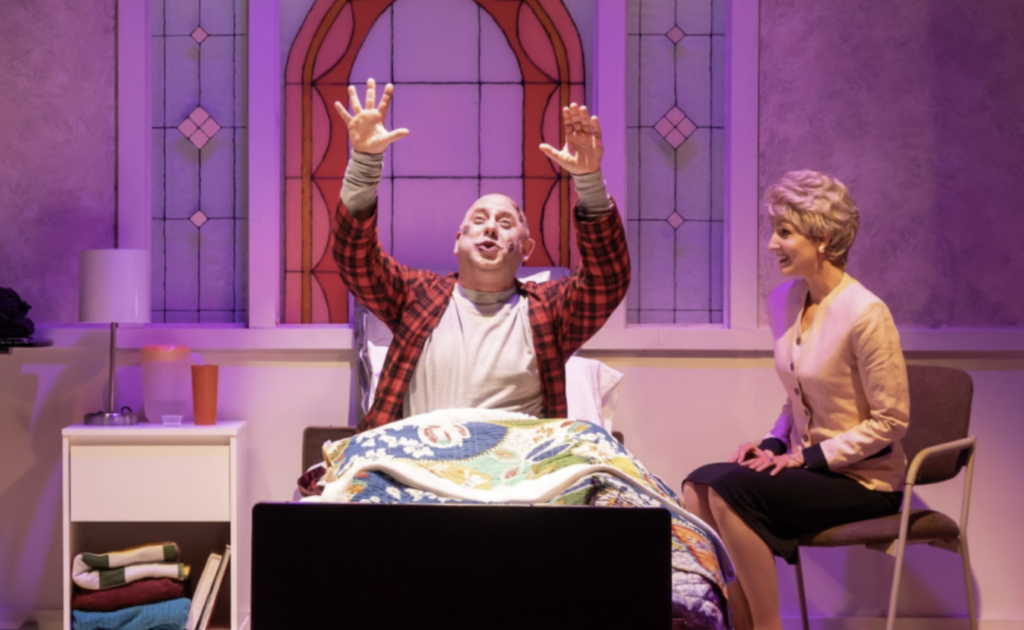Louisiana Purpose
Filmmaker Pat Mire feels like he’s racing the clock. The director of Against the Tide: The Story of the Cajun People and Dance for a Chicken: The Cajun Mardi Gras has made it his mission to capture stories of Cajun culture even as it slowly disappears.
Mire was born in Eunice, Louisiana, to parents who spoke French at home. He was a generation removed from the punishment depicted in Against the Tide, in which Cajun children were beaten for speaking French at school. Nevertheless, he says, “I remember turning to my mother while watching Ozzie and Harriet and saying, ‘Rick and Dave never speak French.’ She laughed and then hugged and kissed me, saying, ‘Most of the world is not like us.'”
The bulk of Mire’s work is in documentaries that he calls “important and archival,” and, in a way, corrective. “[Other directors] have historically used the stereotypes of us — drinking, dancing gamblers who live in a swamp,” he says. “They’ve been blinded by the surface glare. They can’t get beyond the obvious — the cuisine, the language and the music. Even then, the dialect problem has not been licked.”
Against the Tide religiously traces the development of Cajun culture, starting 400 years ago in Nova Scotia; it occasionally plays like a video exhibit in a history museum. Forced re-creations and talking-head academics do, however, detail the “blind nationalism” and “ethnic cleansing” that met these French-speaking people as they descended on Louisiana.
Dance for a Chicken gives outsiders a peek into the rituals Cajuns practice far from the hordes on Bourbon Street. The day is set aside to ridicule the upper classes with parades, drinking and dancing. The one essential task is to travel door-to-door begging for food that will end up in a spicy chicken gumbo. The day also involves courtship rituals and rites of passage for teen-age boys, who are piled in heaps, then systematically (though rather gently) whipped. And it’s a bad day for the local poultry.
Mire shows a priest remarking on the day with a quote from Martin Luther: “Sin and sin boldly, but more boldly rejoice.” The director says it’s an apt summation of his ancestors and of his peers today.




